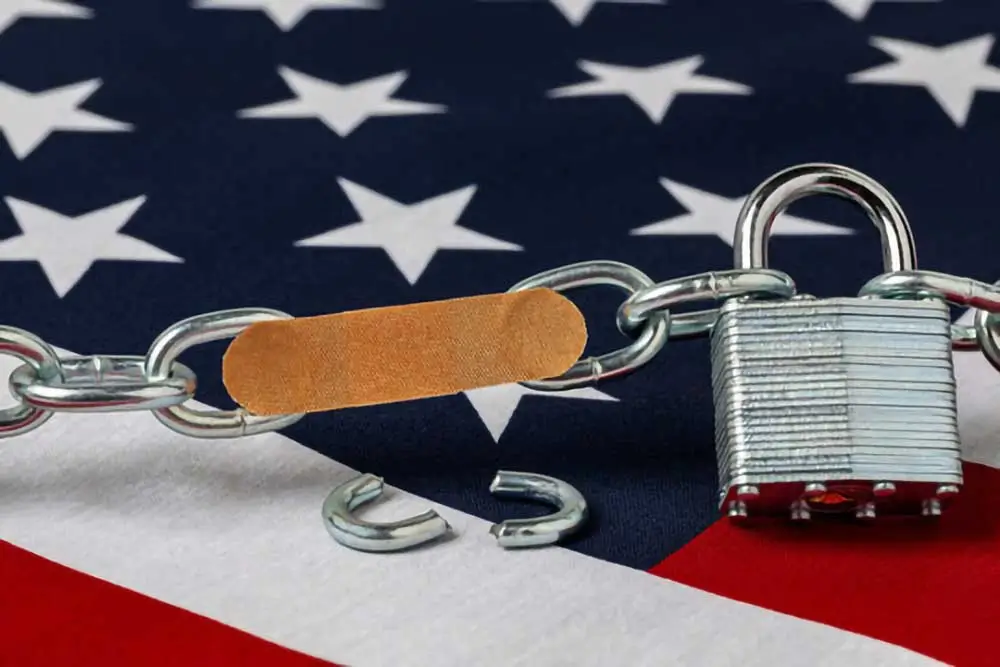The immigration landscape in the United States has been a topic of constant debate and change over the years. Incredibly, it is now the “Number 1” issue among voters (which is crazy because we are only talking about a 0.298507463 population difference through parole last year). The debate right now by Congress is whether to effectively end the president’s authority to parole individuals into the country under the Immigration and Nationality Act (INA). While this move purportedly aims to enhance border security, it actually has extraordinary downsides. Let’s look at the negative consequences of Congress of ending the right of the president to parole people into the US under the INA.
- Humanitarian Concerns
One of the primary drawbacks of this change is its impact on humanitarian cases. Parole authority allowed the president to grant temporary entry to individuals who faced imminent danger or persecution in their home countries. This included refugees, asylum seekers, and individuals seeking medical treatment not available in their home countries. Without this authority, such individuals may find it extremely difficult to seek refuge or access life-saving medical care in the United States.
- Family Reunification
The ending of presidential parole authority can also hinder family reunification efforts. Under the INA, family reunification has long been a cornerstone of U.S. immigration policy. Parole authority was sometimes used to reunite family members separated by immigration barriers. Without this option, families may be forced to remain separated, causing emotional distress and hardship.
- Delayed Immigration Processing
Another downside is the potential for delayed immigration processing. Parole authority allowed for the temporary entry of individuals while their immigration cases were pending. This helped alleviate the backlog of cases and allowed individuals to contribute to society while waiting for their legal status to be resolved. With the removal of this authority, the backlog could worsen, causing longer waiting times and uncertainty for those seeking legal immigration status.
- Impact on Vulnerable Populations
Vulnerable populations, such as victims of human trafficking and domestic violence, also stand to suffer from the end of presidential parole authority. Parole was often used to protect these individuals from further harm and provide them with a safe haven in the United States. Without this option, victims may be left without essential protection and support.
- Reduced Flexibility in Immigration Enforcement
Ending parole authority limits the flexibility of immigration enforcement agencies to respond to unique situations. In cases where individuals may not fit neatly into established immigration categories, parole authority provided a valuable tool for addressing their needs. Its removal may make it more challenging to address exceptional circumstances appropriately.
Conclusion
While Congress’s decision to end the president’s authority to parole individuals into the United States under the INA may be driven by the desire to enhance border security, it carries significant downsides. Humanitarian concerns, challenges in family reunification, delayed immigration processing, and the potential impact on vulnerable populations all highlight the importance of carefully considering the consequences of such policy changes. Striking a balance between national security and compassion is crucial in shaping immigration policies that reflect the values of the United States. This is a balance that Congress appears to have no interest in finding.






